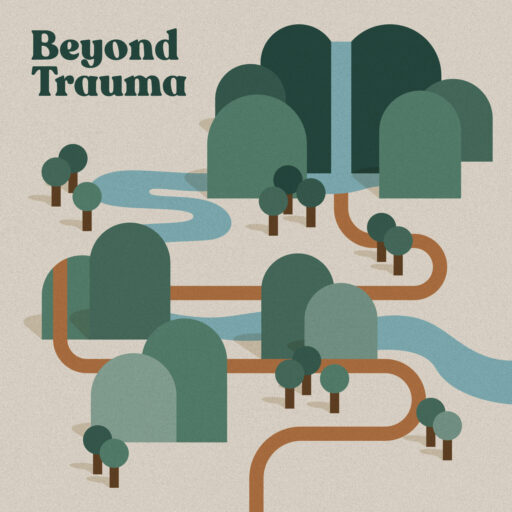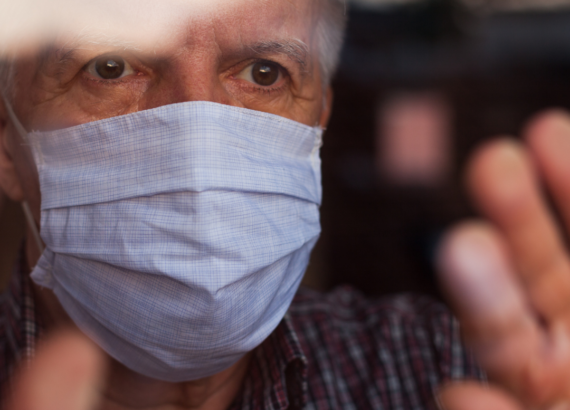Episode 20: Adverse Childhood Experiences

Today, we talk about adverse childhood experiences and how we utilize the ACEs score in therapy.
Schedule your first therapy retreat!
What does ACES mean?
- ACE stands for Adverse Childhood Experiences Scale
- It’s on a 9 point scale 0-9
- It’s a representation of a number of adverse childhood experiences you’ve been through
- The score will know some of the health outcomes that are likely to present throughout life.
- There’s been findings between the ACE score and health outcomes.
- Our experiences in childhood have a direct connection to our physical health.
Definition of Trauma
- Something that’s too much too soon, too much for too long or too little for too long.
- This includes a broad scope of childhood experiences, including neglect and childhood abuse.
- Check out episode 1: What is Trauma?
Dr. Nadine Burke Harris ACEs Study Ted Talk
- She began to see a pattern between children with trauma and health issues.
- Here’s a link to the Ted Talk.
- Traumatic experiences as a child don’t just cause mental health issues later in life, but severe health issues as well.
- As the ACEs score goes up, so does the risk of health issues.
Your ACEs score doesn’t mean it’s too late
- The ACE score of a child before being adopted into a loving family can have a different, and possibly positive health outcome.
- There’s still time for interventions for both the mind and body.
- With the help of therapy, the amount diagnosed from childhood trauma can decrease over time.
8 Domains:
- Emotional abuse: Parent or sub parent used intimidation, swore at you, used insults, or made the child fear for their physical health.
- Physical abuse: Parent or sub parent pushed, grabbed, slapped, or hit so hard it left marks on the child’s body.
- Sexual abuse: An adult, parent, family member or stranger that’s at least five years older than the child ever touched their body in a sexual way, made the child touch their body in a sexual way or had any innappropriate contact.
- Incarceration of family member: A family member went to jail or prison
- Mother treated violently: watching a mother being physically abused (pushed, grabbed, hit or had objects thrown at her)
- Parental separation: Parents were separated at any point of time or divorced.
- Substance abuse in the household: This includes alcoholism, medical prescription abuse and street drug abuse.
- Mental health illness or suicide of a member in the household.
In western culture, we decided to split the treatment of the mind and body.
- We created this idea. If we know how to think correctly, our mental health will be great.
- This was a wonderful attempt, but is not very effective in healing our mind because our mind and body are connected.
- Our bodies don’t know the difference between a physical wound or mental wound. Trauma can cause inflammation throughout different areas of the body.
- The link becomes obvious when we begin to work on our trauma.



